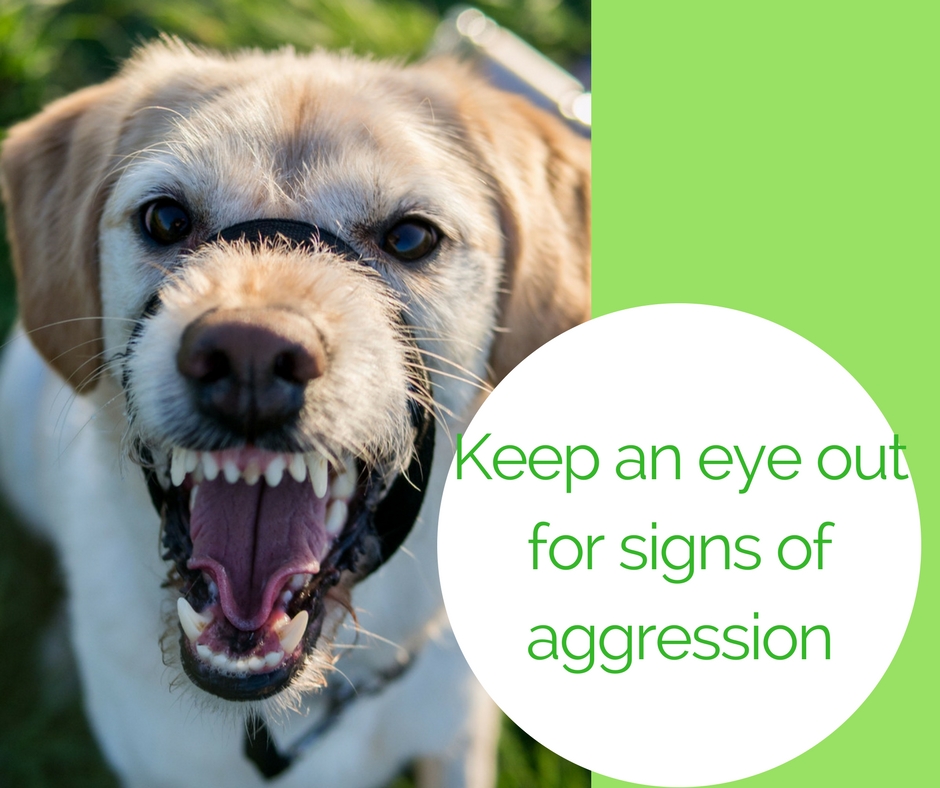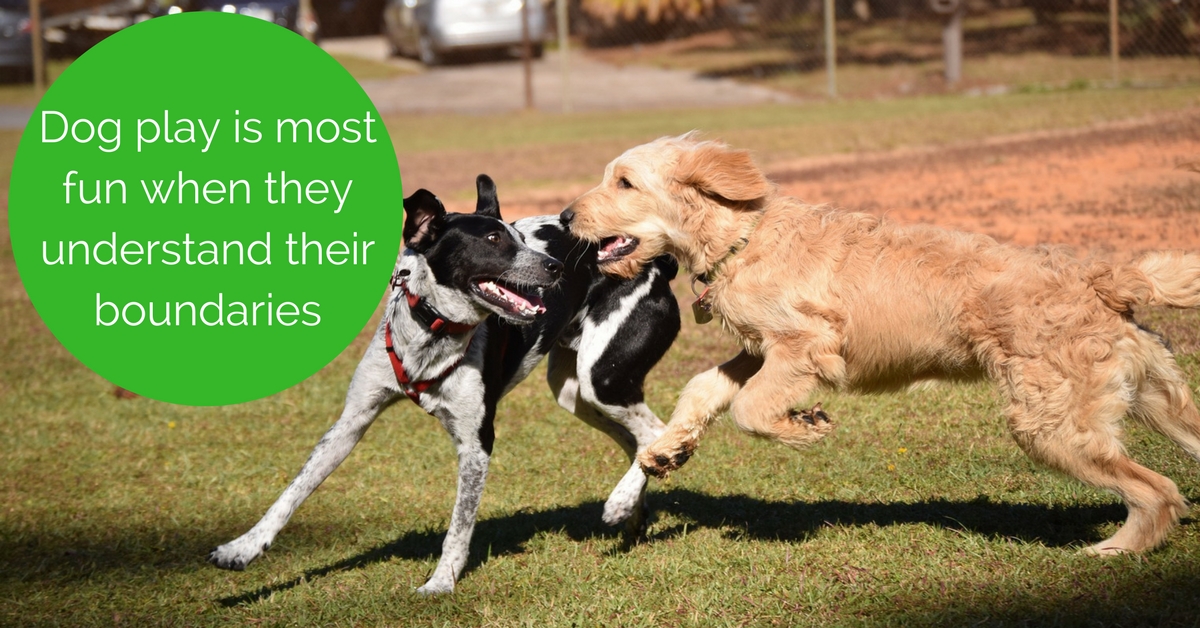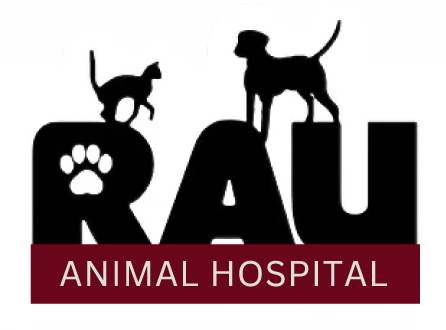Now that the long winter is finally over, the dog parks are coming alive with the sounds of frolicking pups. For many dogs, these off-leash parks are an important part of sociability, not to mention exercise.
Yet, dog parks are not for everyone. Dogs with aggression issues or poor social skills are not good candidates for example. But if your dog is a friendly sort who enjoys the camaraderie of playing chase with the pack, they can be a terrific outlet for both physical and mental stimulation.
However, like any social gathering, there’s a certain set of rules that govern off-leash parks.
The Basics of Dog Park Etiquette
First things first, most off-leash parks come with written rules displayed on a board at the park. Many dog parks are governed by a small group of members who are well-experienced in dog behavior and have worked hard to create the park and keep it safe.
The major rules, of course, are "play nicely" and "clean up after your dog." But what else; what about those nuances in canine behavior? How do you know if your dog is ready for the dog park?
Who Should NOT Visit the Dog Park
Puppies less than 4 months old or dogs in heat should not visit the dog park -- the first is at risk of picking up a disease, while the second can create a dog fight due to pheromone craziness and/or aggression.
Also, any dog who shows signs of illness should stay away. Contagious diseases like “kennel cough” and canine influenza can spread like wildfire among a group of dogs.
Additionally, any dog with aggression issues should stay away. If that sounds like your dog, then please discuss your dog’s behavior with your veterinarian and reach out to a trainer who specializes in dog aggression.

5 Additional Rules of the Dog Park (Besides Cleaning Up)
Understanding dog behavior is an important part of making sure the dog park is fun for all. Yet, not everyone is an experienced dog owner and may not recognize the importance of the following tips for maintaining good manners. That’s ok; there’s always time to learn.
- Keep an eye on your dog. When play gets overly rough, intervene. You don’t want it to result in injury -- which can happen even in friendly play -- or an all out dog fight. So pay attention and don’t get so involved in conversation that you ignore your pup.
- Leave the food (including treats) in the car or at home -- Food at the dog park can create aggression (resource guarding) among some dogs. Even if yours is the friendly sort and happy to share, you don’t know who else is there.
- Don’t let your dog jump on or ...err...hump...another’s leg. Even though the dog park attracts dog lovers, that doesn’t mean anyone else loves having another dog jumping on them or working out their unrelieved desires.
- Don’t pick up your dog -- If your dog is smaller than the others and you see he’s being bullied, don’t pick him up. That’s an invitation to the bigger dog to jump on you. Instead, calmly invite your dog to walk away with you.
- Leave favorite toys at home -- Not every dog loves to share, and even the friendliest may get suddenly possessive of their ball if it’s in the mouth of a stranger.

Remember, dogs are like toddlers. They require (and appreciate) your guidance, and it’s up to you to keep them safe. Fortunately, when you recognize the signs of canine behavior and you know the rules of the dog park both written and unwritten, you’re bound to keep the fun going with your pup.
Not sure if your dog is ready for the dog park? Err on the side of caution and consult your veterinarian.

